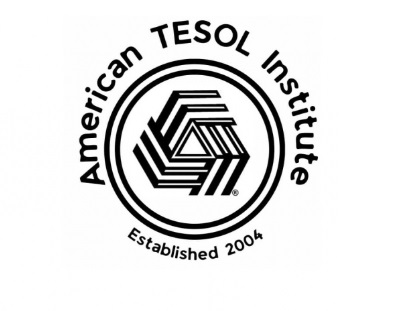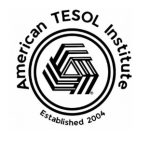Here are three listening exercises tailored to learning English in the context of Math, Science, and Social Studies:
- Math: “Word Problem Podcasts” Description: Create a series of podcasts featuring word problems related to various math concepts such as addition, subtraction, multiplication, division, fractions, geometry, and algebra. Each podcast episode can present a set of math problems in a narrative format, providing verbal instructions, explanations, and examples to guide students through the problem-solving process. Students listen to the podcasts and solve the corresponding math problems, either individually or in small groups, using critical thinking skills and mathematical reasoning. Objective: Improve students’ listening comprehension skills while reinforcing math concepts and problem-solving strategies in English.
- Science: “Virtual Lab Audio Tours” Description: Develop virtual lab audio tours that guide students through interactive science experiments, demonstrations, or simulations related to topics in biology, chemistry, physics, earth science, or environmental science. Each audio tour provides descriptive narration, background information, and step-by-step instructions for conducting the virtual experiments or exploring scientific phenomena. Students listen to the audio tours and engage with the virtual labs, observing, analyzing, and interpreting scientific data and observations in English. Objective: Enhance students’ listening skills while facilitating hands-on learning experiences and conceptual understanding of scientific principles in English.
- Social Studies: “Historical Speech Analysis” Description: Curate a collection of historical speeches, interviews, or documentaries related to significant events, figures, or movements in history, politics, culture, or geography. Students listen to excerpts from the speeches or interviews and analyze the content, context, and rhetorical techniques used by the speakers. They explore themes, perspectives, and historical significance while practicing active listening, note-taking, and critical thinking skills. Additionally, students can discuss and reflect on the implications of the historical events or ideas presented in the audio materials. Objective: Develop students’ listening comprehension abilities while deepening their understanding of historical events, cultural contexts, and societal issues in English.
These listening exercises integrate language learning with content-based instruction in Math, Science, and Social Studies, providing meaningful and engaging opportunities for English language learners to develop their listening skills while exploring academic content in English.
Here are additional examples for implementing listening exercises in English language learning across different subjects:
Math:
- Math Podcasts for Problem-Solving: Create a series of audio podcasts featuring math problem-solving sessions. Each episode can focus on a specific math concept or skill, such as fractions, decimals, equations, or geometry. Students listen to the podcast and follow along as the host explains how to solve various math problems step by step. After listening, students can attempt to solve similar problems on their own or discuss solutions with peers.
- Math Story Problems: Develop audio recordings of math story problems that incorporate real-world scenarios and contexts. Students listen to the story problems and then work collaboratively to solve them using mathematical reasoning and skills. Story problems can cover topics like budgeting, measurement, time, or spatial relationships, providing students with practical applications of math concepts in everyday life.
Science:
- Science Podcasts for Inquiry-Based Learning: Produce a series of science podcasts that explore different scientific topics, experiments, or phenomena. Each podcast episode can feature interviews with scientists, discussions about current research, or explanations of scientific principles. Students listen to the podcasts and engage in inquiry-based learning activities, such as conducting related experiments, making observations, and drawing conclusions based on scientific evidence.
- Virtual Field Trips: Create virtual field trip experiences where students listen to audio recordings of guided tours through natural habitats, ecosystems, or scientific facilities. As they listen, students learn about the environment, wildlife, and scientific research conducted in these settings. After the virtual field trip, students can discuss their observations, ask questions, and reflect on their learning experiences.
Social Studies:
- Historical Audio Documentaries: Develop audio documentaries that explore significant historical events, movements, or figures. Each documentary can feature archival recordings, interviews with historians, and narration that provides historical context and analysis. Students listen to the documentaries and engage in discussions about the historical significance, causes, and consequences of the events or figures depicted.
- Primary Source Analysis: Provide audio recordings of primary sources such as speeches, letters, or diaries from different historical periods. Students listen to the primary sources and analyze the content, tone, and perspectives expressed by the individuals involved. They can then discuss the historical context, implications, and relevance of the primary sources in understanding the past.
These examples demonstrate how listening exercises can be integrated into English language learning across various subjects, offering opportunities for students to develop language skills while engaging with academic content in meaningful and interactive ways.


